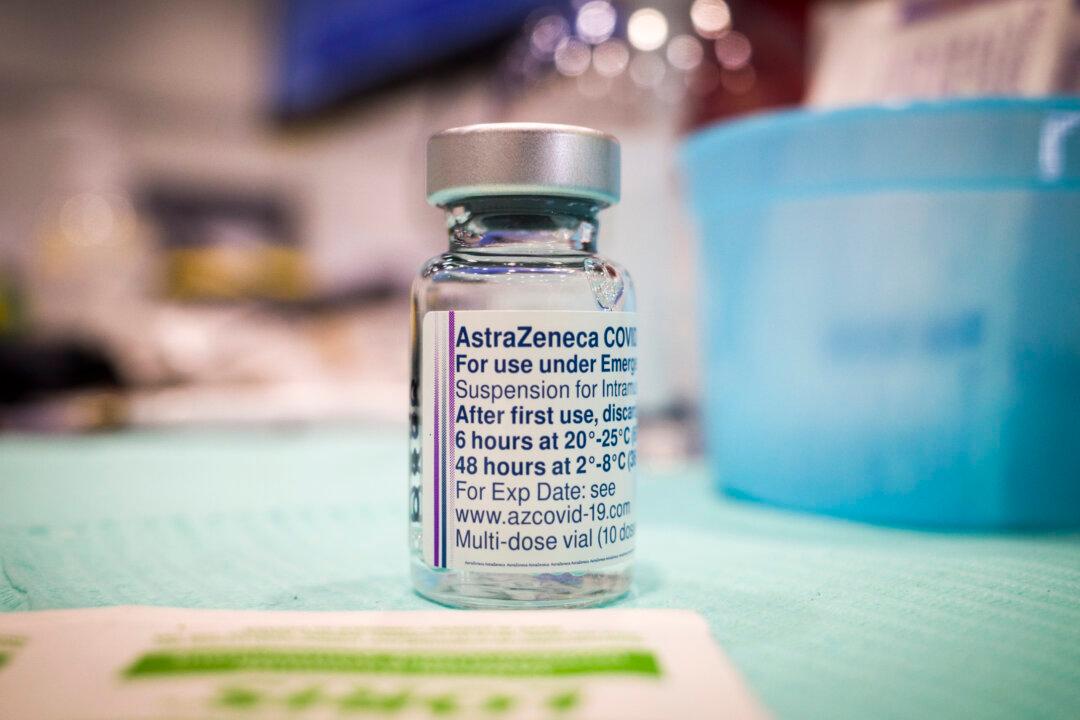A Conservative MP says the president of the Canadian arm of AstraZeneca couldn’t answer questions at a parliamentary committee as to why the company asked for clauses to be shielded from liability for vaccine-related injuries.
“'Indemnification clauses’ protect manufacturers of #vaccines from liability. Today at the Foreign Affairs Committee the President of @AstraZenecaCA could not answer basic questions about why indemnification clauses were asked for and how they apply,” MP Garnett Genuis said in a tweet on April 25.





